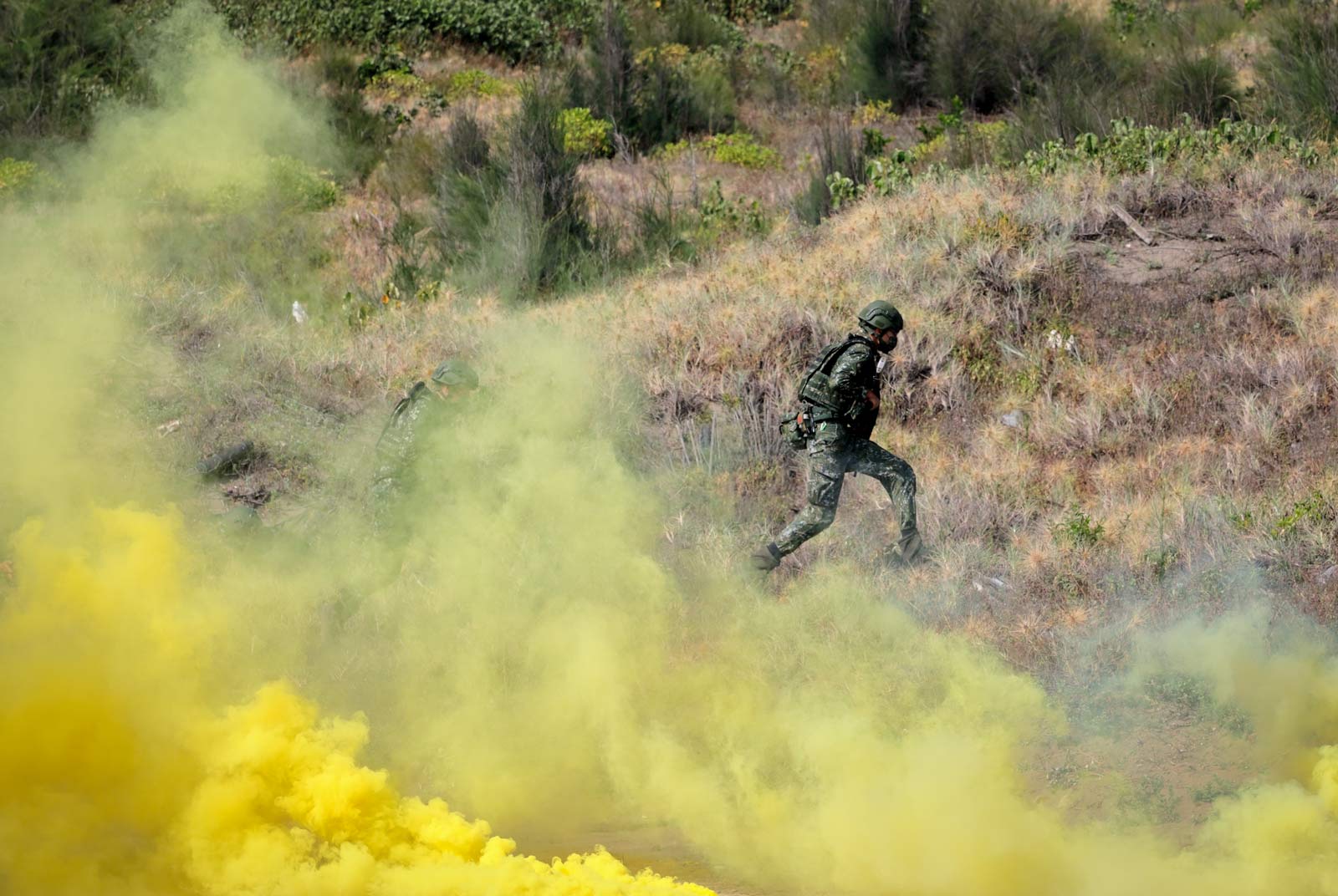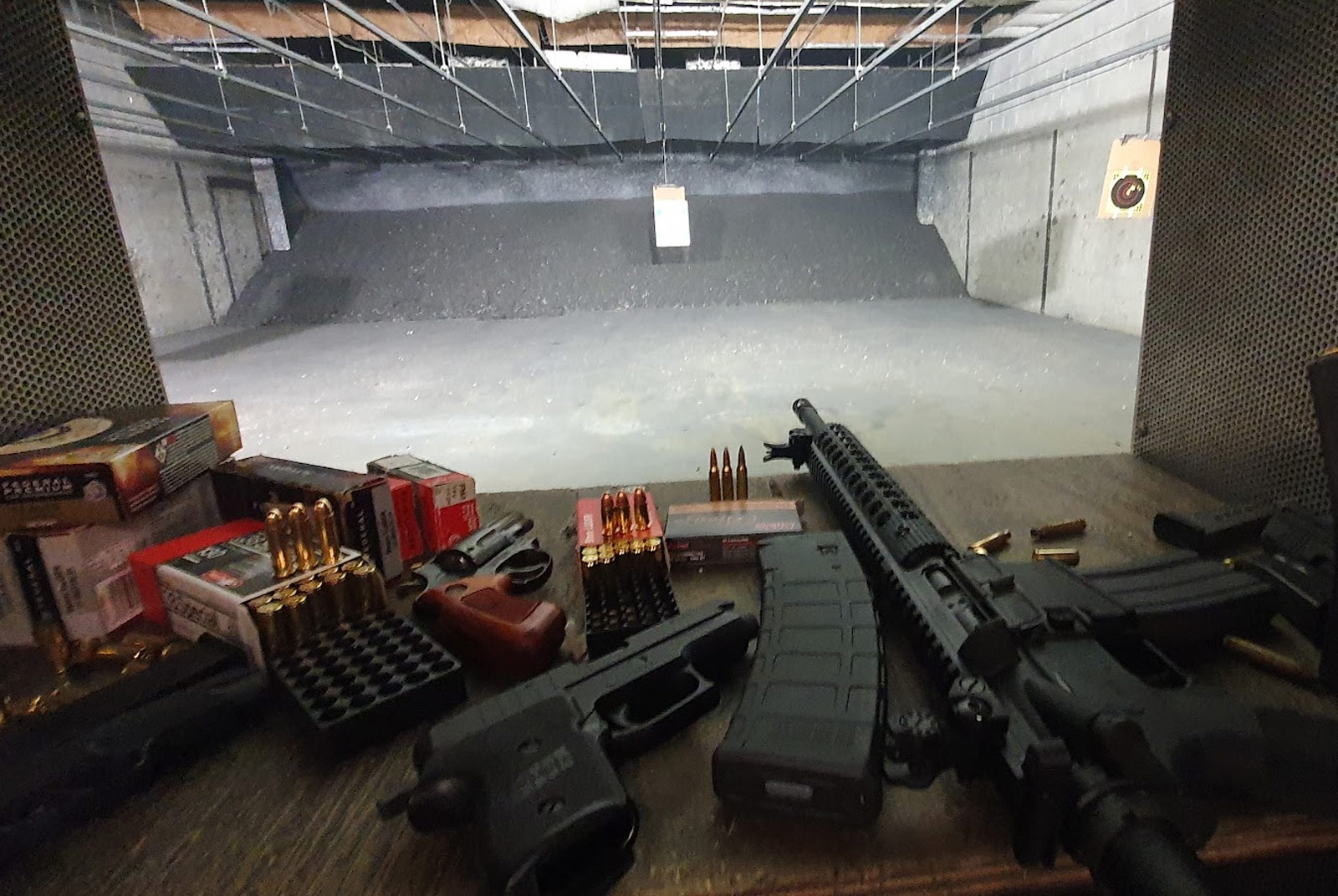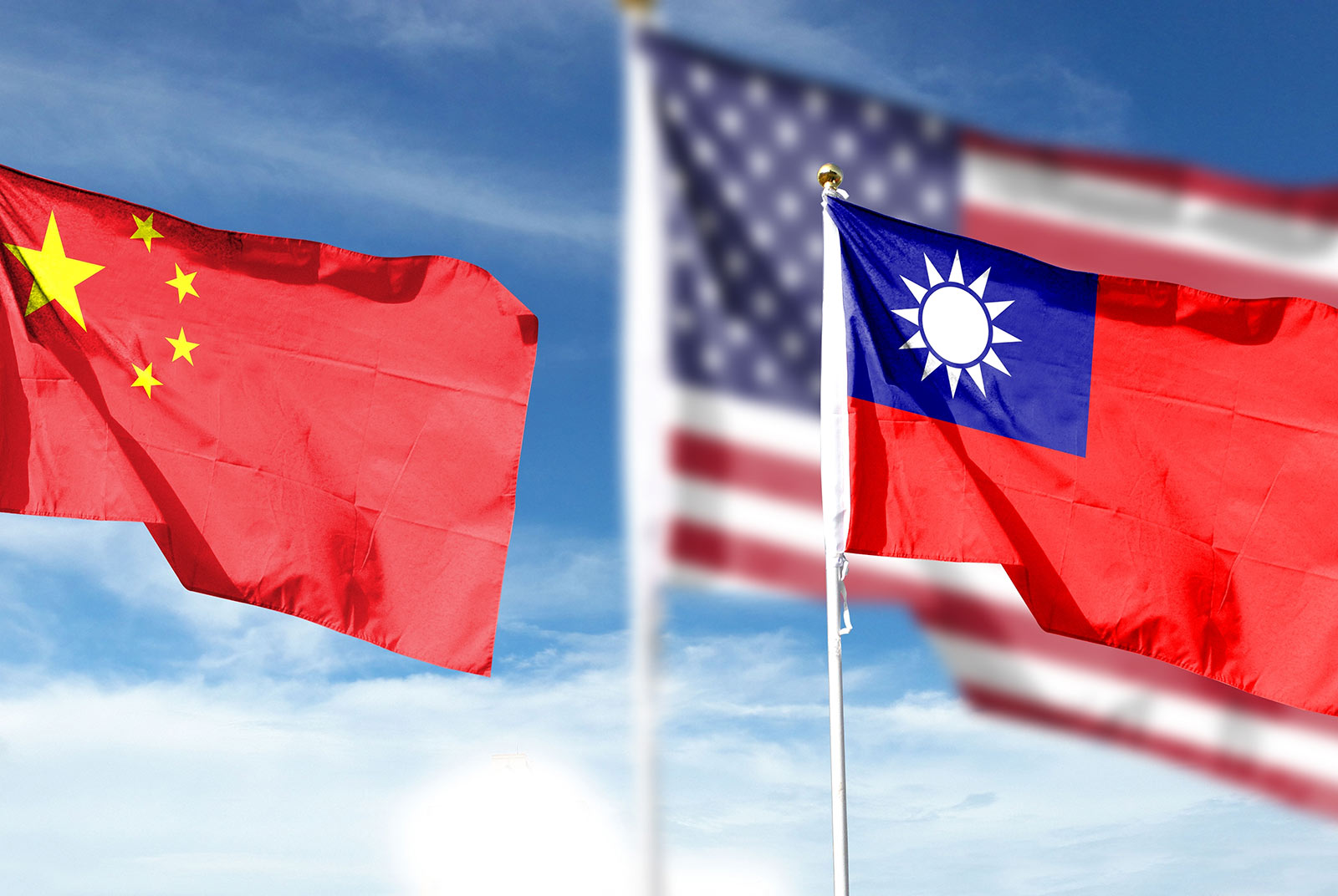Building a home guard in Taiwan: Strengthening national identity by building up the individual

Source:Chien-Ying Chiu
In this op-ed, Jonathan Gropper shares his opinion on how Taiwan can revitalize its civil defense apparatus to build an active civil defense system.
Views
Building a home guard in Taiwan: Strengthening national identity by building up the individual
By Jonathan Gropperweb only
While Taiwan has made investments in its military and defense mechanisms, its civil defense apparatus remains underdeveloped and what funds there end up not being utilized for their intended purpose. The current scenario could prove catastrophic in the event of a national event or a significant natural or man-made disaster. Thus, Taiwan should leverage its society via an effective civil defense apparatus to enhance its resistance, preparedness and response capabilities. In this article, we will explore how Taiwan can revitalize its civil defense apparatus as well as the benefits that an active civil defense system, a Home Guard, will have.
Civil Defense Apparatus: A Societal Asset
On paper, Taiwan's civil defense apparatus comprises government agencies, local civil defense organizations and volunteers trained to assist in emergencies such as natural disasters and military conflicts.
However, despite its potential, Taiwan has not fully leveraged its civil defense apparatus. According to recent reports, many local governments have not adequately utilized the existing civil defense infrastructure which is ineffectually underfunded. In fact, the majority of the funds (as high as 96% in some cities) has been used towards banquets and events instead of actual training.
Some private entities have attempted to capitalize on the situation by offering one-day courses for first-aid essentials. But not only are these paid for by individuals, there is a wait list for these courses and the benefit of a one-day course is dubious in reality. It is evident that Taiwan's civil defense apparatus is outdated and lacks the resources to effectively deal with modern threats such as cyberattacks and biological incidents, not to mention state sponsored action. If there was one place on planet Earth that should be heavily investing in its population and a Home Guard, it should be Taiwan.
What are other countries such as Israel and the United States doing?
Israel and the United States have developed rigorous and advanced civil defense mechanisms due to their existential and geopolitical threats early on in their history. With its reality, Israel has built bomb shelters, provided gas masks to civilians, initiated continuous training in schools and conducted nationwide drills, given its constant threat of attack since its inception.
Similarly, the United States has invested significantly in its civil defense apparatus, with the National Guard serving as its primary component. The National Guard is a quasi-military organization composed of citizen-soldiers who serve as part-time military personnel and domestic response to natural disasters and other emergencies.
In contrast to Israel and the United States, Taiwan's civil defense apparatus is underinvested and under deployed putting its practical efficiency at great risk. While the Taiwan National Resilience Council was established in 2018 to coordinate disaster relief efforts, it has primarily focused on disaster relief efforts rather than preparing for man-made and strategic threats.
Encouraging A Taiwanese Home Guard: Benefits to Individuals and National Identity
 A shooting range in New Jersey. (Credit: Jonathan Gropper)
A shooting range in New Jersey. (Credit: Jonathan Gropper)
The establishment of a quasi-military apparatus in Taiwan, similar to the United States National Guard, would significantly increase individual and community preparedness and skill levels while enhancing national resilience and focus. This could be achieved by creating a reserve force of civilians who would receive ongoing practical military training and be activated in the event of a conflict.
Taking a page from the US National Guard training which is by and large one weekend a month and two weeks a year. The reserve force could work alongside the military to maintain critical infrastructure and provide effective support to direct communities and civilians while freeing up specialized and limited resources to focus on their intended missions.
Moreover, an active civil defense system would enhance the value of the individual while strengthening the national identity of the Taiwanese. Civil defense training would provide many individuals with something that is currently missing and desired - a sense of purpose and belonging to their community and a national identity.
Real civil defense training would equip individuals with essential life skills. First aid, survival techniques and specialized technical skills, all of which can be carried into daily civilian life while proving invaluable in emergency situations. By participating in organized civil defense activities, individuals would become more aware of the importance of national security, their own value within their community, and when done across a society, the definitive strengthening of the national identity emerges.
Revitalizing Taiwan's civil defense apparatus into a home guard
To revitalize Taiwan's civil defense apparatus, the government must decide to undertake a comprehensive approach that involves investing in infrastructure, training and technology. Taiwan must update its civil defense training programs to address modern threats such as cyberattacks, proxy and asymmetrical as well as biological events.
Ongoing investments could further be made in technologies such as environmental purification, infrastructure upgrades, drones and artificial intelligence to further enhance situational awareness and response capabilities. Not only does this build up many new industry sectors and create jobs, it proactively creates sustainable domestic solutions to national problems.
The lack of public awareness and participation is a significant challenge facing Taiwan's civil defense apparatus. To address this issue, the government must launch an effective public outreach campaign to educate citizens about the importance of civil defense and encourage them to participate in training programs and volunteer organizations. The central and regional governments can take several measures to encourage citizens to participate actively in the civil defense apparatus.
First, the government should establish incentives such as tax breaks, subsidies and employee bonus pay for businesses that support employee participation in the Home Guard. This will help ensure that citizens are more willing to volunteer and participate in the program.
Second, the government can offer incentives such as pay, scholarships and loan forgiveness to students who participate in the reserve force for a minimum number of years. This will help to create a culture of service while supporting and encouraging more young people to join the program.
Third, the government can work with local civil defense organizations and volunteer groups to create a sense of community and shared responsibility for various aspects of civil defense. The Home Guard can then provide resources and training to these groups to ensure that they are effective in their roles within the greater apparatus through proper embedding and integration.
Finally, the government can launch a public education campaign to raise awareness about the importance of civil defense and encourage citizens to participate in training programs and volunteer organizations. Each of these components not only creates a higher value individual and as such a higher value society, it also creates industries, jobs, a sense of community and purpose.
Conclusion: Taiwan needs to build up its civil defense
In conclusion, Taiwan's civil defense apparatus is a critical societal asset that remains underdeveloped and inadequately utilized. The government could take a comprehensive approach to revitalize and improve the civil defense apparatus, including investing in infrastructure, training, and technology.
The establishment of a quasi-military apparatus similar to the United States National Guard can help to increase individual preparedness and skill levels while encouraging active participation and strengthening national identity.
Encouraging citizens to participate in the Home Guard through incentives, community engagement, and public education campaigns is crucial for achieving this goal. It is time for Taiwan to recognize the importance of civil defense and take the necessary steps to ensure that it is adequately prepared for the future.
(This piece reflects the author's opinion, and does not represent the opinion of CommonWealth Magazine.)
About the author

Jonathan, a Taiwan Gold Card holder, graduated from Rutgers University where he earned a Doctorate in Law and founded multiple companies in different spaces which are attributable to his broad experience in Technology, Real Estate & Entertainment. Jon is an innovator, patent holder and writer. Welcome to connect Jon with his [LinkedIn] [Instagram]
ave you read?
- 3 insightful life lessons from international professionals that resided in Taiwan
- Hey Taiwan, Your Gold Carder has a challenge for you
- Hey Taiwan, it's your Gold Carder. We need to talk.
Uploaded by Ian Huang






